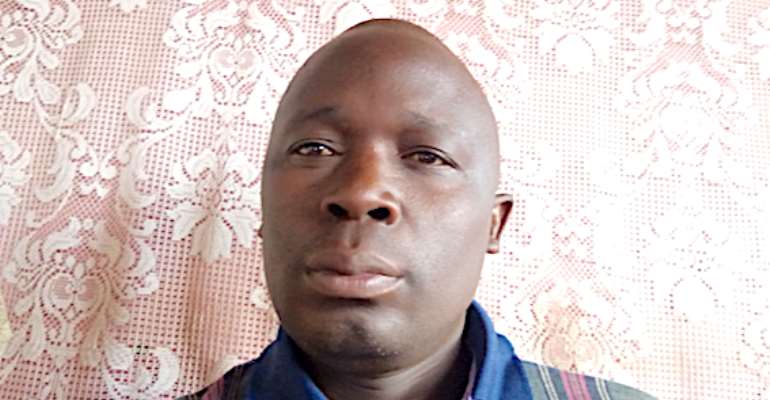Charles Njonjo Was Africa's Perfect Example Of An Auto-racist Megalomaniac

The former attorney general of Kenya , Charles Njonjo who died on 2nd January 2022 at the age of a hundred years was a perfect example of well personified autor-acism. He was a black person who unapologetically hated black people with passion. He hated his fellow black men and women not on the basis of their character but by basing on colour of their skin.
Njonjo could not shake his hand with black people because they are presumably dirt. He preferred a sanitized and purified atmosphere because black Kenyans would have possibly breathed out contaminated air into it. According to Njonjo , the white British can not breathe out to contaminate the atmosphere, they are only blacks who do this . When he was in South Africa as a student of law , Njonjo preferred supporting the anti African apartheid policy in contrast to his college mates in the likes of Dennis Brutus, Masinde Muliro and Ezekia Mphalele who formed student associations to struggle against racial brutality in Apartheid.
Why Njonjo avoided the timely freedom movements was based on his sham conscience that such associations would make him to mix with black people from poor families and non royal families.
In the social world , a person who hates people of his own race is known as an auto-racist, thus Njonjo was an auto-racist as well as an auto classist megalomaniac because he hated people of his own class on the mistaken assumption that he was too important to mix with the poor, a social vice we describe as megalomania in the language of science of human behaviour.
Sometimes ago, Professor Austin Bukenya wrote in the 'Saturday Nation' at Nairobi , that Robert Mugabe was a megalomaniac, but no, Mugabe was a very sober freedom fighter who only succumbed to the sysyphus syndrome in his old age. The really megalomaniac of Africa was Charlese Mugane Njonjo of Kenya . In fact history of Kenya's struggle against colonialism confirms that Njonjo used to overtly think that he was too important to fight for useless things like Freedom from Colonialism.
Njonjo's megalomania was at its highest stage when he dismissed all Kenya's local languages including his mother tongue ; Kiguyu as primitive but he coronated himself as a king of Queen's English. The English that still he could not speak and write properly.
When the the money-centric system of Kenya 's politics worked for Njonjo to become a member of Parliament for Kabete Constituency, he preferred to be referred to as a the Duke of Kabeteshire, but not an MP for that area. This made Njonjo to serve only one term as an MP for that area.
This weakness of having very strong low opinion about others, especially his fellow black people, made Njonjo to disregard the lawfully elected President Daniel Toroitich arap Moi as a passing cloud. It was this mentality that made Njonjo to participate conspicuously in a very ill-prepared coup attempt that took place in 1982.The coup flopped and left Njonjo at the mercy of Moi.Moi forgave Njonjo . The only reason why Njonjo doubted Moi's capacity to lead Kenya was nothing else other than Njonjo's traditional syndrome that because Moi was not a son of a king, hence he could not lead Kenya. Njonjo himself was a son of a colonial chief.
Njonjo grew up during the times of Anti-colonial African politics when all elites and educated Africans like Amilcar Cabral, Nkrumah, Nyerere, Kaunda and Toure were revolutionary in intellectual disposition and anti-colonial in social orientation. But surprisingly, Njonjo was substantially a diehard anti-communist and Pro-colonialist lover of public offices who dismissed Julius Nyerere of Tanzania as a president of a man eat nothing country.
Reading Political psychology in the literary works of Frantz Fanon would readily tell us nothing about Njonjo other than to establish him as a paranoid who lived under torment of the paranoia fuelled fear of the British colonial machinery. In his internal being, Njonjo believed that no African Country can defeat Britain's colonial intentions. This was the fear inculcated to Njonjo by British controlled colonial education in Kenya. This fear thrived in Njonjo because of his characteristic natural snobbery and extreme sense of selfishness. And indeed this fear was the later substratum on which thrived negrophobia in Njonjo's socialization in his adult life.
Alexander Opicho writes from Lodwar, Kenya Mail-opichoalexander@ gmail.com
